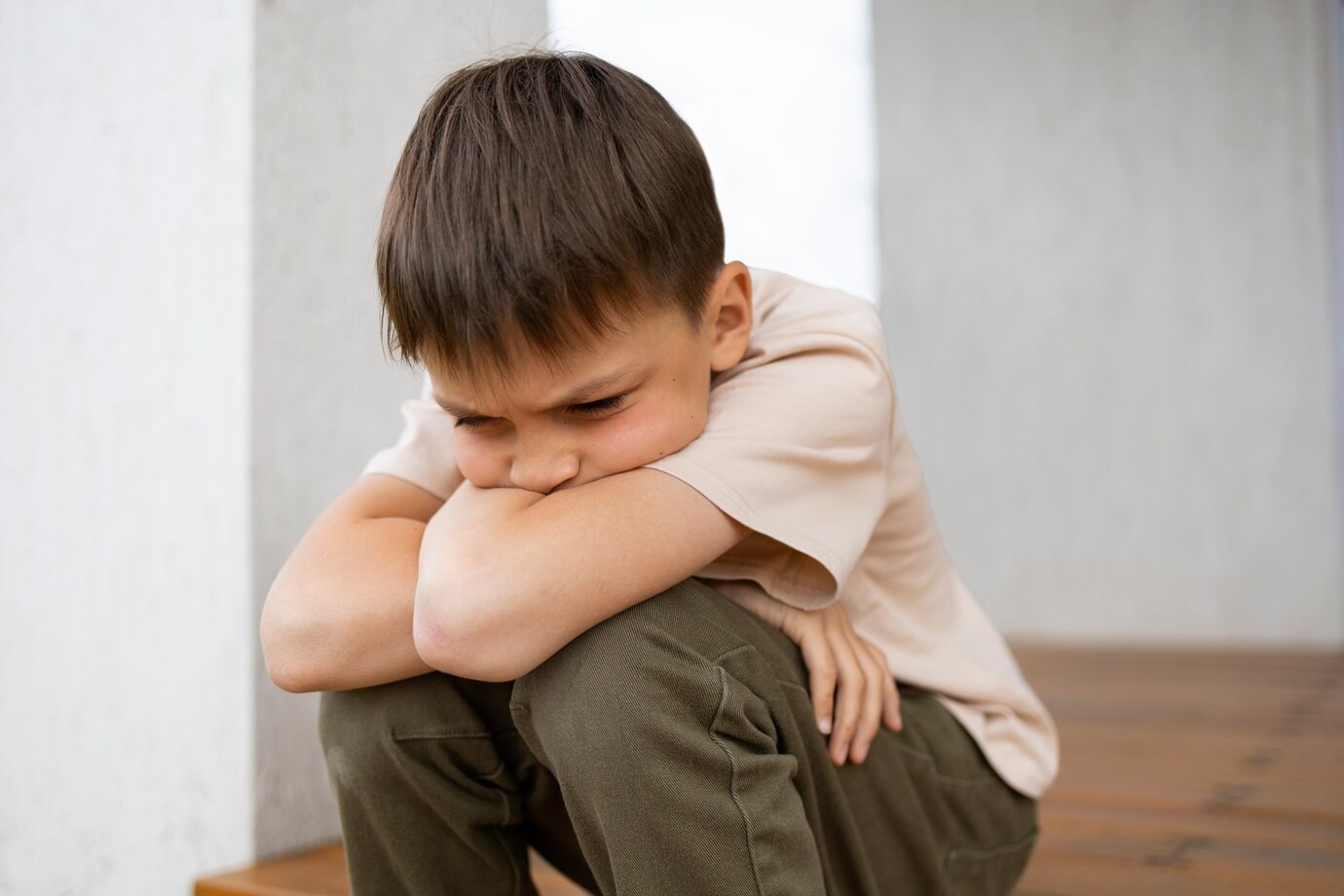Menitipkan anak di day care dapat menjadi solusi bagi orang tua bekerja agar anak-anak tetap mendapat pengasuhan dan perawatan yang baik. Namun terkadang anak-anak yang dititipkan di day care justru rentan terkena penyakit seperti infeksi saluran pernapasan.
Penyebab Anak-Anak di Day Care Rentan Sakit
Maraknya tempat penitipan anak atau day care dapat memudahkan para orang tua yang bekerja untuk memastikan anak bisa mendapat perawatan dan interaksi sosial yang baik. Dengan adanya day care, anak-anak memiliki jadwal kegiatan harian seperti makan, tidur siang, dan bermain yang teratur meski tidak berada dalam pengawasan orang tua secara langsung.
Di balik kemudahan fasilitas yang bisa Anda manfaatkan dari day care, ada beberapa risiko menitipkan anak di day care. Salah satunya adalah anak-anak yang menjadi rentan sakit, atau ketika sakit mengalami masa penyembuhan yang lebih lama.
Dilansir dari Cleveland Clinic, di tempat penitipan anak yang terlihat paling bersih sekalipun, anak-anak di day care pasti pernah mengalami penyakit infeksi menular. Menurut National Institute of Child Health and Human Development, anak-anak di day care cenderung lebih mudah sakit jika dibandingkan dengan anak-anak yang berada di rumah, setidaknya hingga mereka berusia 3 tahun.
Baca Juga: Apa itu Mycoplasma Pneumonia yang Tengah Menyerang Anak-Anak?
Beberapa jenis penyakit yang mudah menyebar di day care, antara lain:
- Pilek dan infeksi saluran pernapasan atas
- Mata merah (konjungtivitis)
- Gastroenteritis yang bisa disebabkan oleh berbagai virus dan bakteri
- Penyakit tangan, kaki, dan mulut (flu Singapura)
Tingginya angka penularan dan infeksi di day care dapat disebabkan oleh beberapa faktor, di antaranya:
Anak terpapar kuman di lingkungan baru
Di day care, anak-anak akan bertemu dengan orang baru setiap harinya. Interaksi dengan orang menyebabkan peningkatan risiko penularan penyakit melalui sentuhan tangan atau percikan air liur saat bicara, batuk atau bersin. Anak-anak umumnya belum memiliki kebiasaan baik seperti mencuci tangan dengan sabun dan air mengalir atau menutup hidung dan mulut dengan siku saat batuk dan bersin.
Ketika anak-anak sudah dapat menerapkan gaya hidup sehat ini dalam kehidupan sehari-hari, maka risikonya untuk tertular penyakit di day care juga semakin berkurang.
Daya tahan tubuh sedang berkembang
Daya tahan anak pada usia preschool atau usia day care biasanya sedang berkembang. Seiring pertumbuhan anak, tubuh akan membentuk sistem kekebalan yang lebih baik terhadap infeksi. Di sisi lain, paparan kuman di day care sebenarnya dapat melatih sistem kekebalan anak, namun tidak semua sistem kekebalan anak dapat dilatih dengan cara tersebut. Idealnya, jika ada anak yang sedang sakit di day care sebaiknya dipisahkan dengan anak yang sehat.
Baca Juga: Tips Mengajak Anak Olahraga Jalan Kaki
Cara Menjaga Kesehatan Anak di Day Care
Meski menitipkan anak di day care dapat membuat anak mudah tertular penyakit, namun ada beberapa cara yang bisa Anda lakukan untuk menjaga kesehatan si kecil, yaitu:
- Melatih anak untuk rajin cuci tangan
- Memberi anak makanan sehat untuk meningkatkan daya tahan tubuhnya
- Menjaga kebersihan mainan dan barang pribadi anak
- Melatih si kecil agar tidak menghisap kuku atau jari
- Memberikan vaksinasi lengkap untuk anak, termasuk vaksin flu
Jika anak sakit, Anda bisa mengomunikasikannya ke petugas day care untuk memisahkannya dengan anak yang sehat agar mencegah anak lain tertular. Dalam memilih day care, Anda perlu mengetahui bagaimana mekanisme lembaga tersebut dalam menangani anak yang sakit dan bagaimana cara mereka membiasakan anak-anak untuk menerapkan gaya hidup bersih dan sehat di day care sebagai pertimbangan.
Apabila memiliki pertanyaan seputar kesehatan, Anda bisa berkonsultasi ke dokter atau manfaatkan fitur konsultasi pada aplikasi Ai Care.
Mau tahu informasi seputar kehamilan, menyusui, kesehatan wanita dan anak-anak? Cek di sini, ya!
- dr. Monica Salim
Orford, S. (2023). Sick Day Diaries: My Day Care Cold and Flu Adventures and 7 Tips for Coping. Available from: https://www.healthline.com/health/sick-day-diaries-my-day-care-cold-and-flu-adventures
Iannelli, V. (2022). Daycare Syndrome and Frequent Infections. Available from: https://www.verywellfamily.com/daycare-syndrome-and-frequent-infections-2634485
Cleveland Clinic. How to Keep Your Kids Healthy When They Go to Daycare. Available from: https://health.clevelandclinic.org/day-care-diseases-how-to-keep-your-kids-healthy











